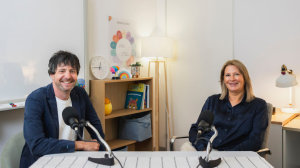
Autism, PDA and RSD: Understanding the connection
When exploring autism and PDA (Pathological Demand Avoidance), you might also come across the term RSD, or Rejection Sensitive Dysphoria. The overlap can feel confusing, especially when you’re already navigating daily challenges at home or school. In this guide, we explore what RSD is, how it might show up in daily life, and what you can do to support your child through on their journey forward.









